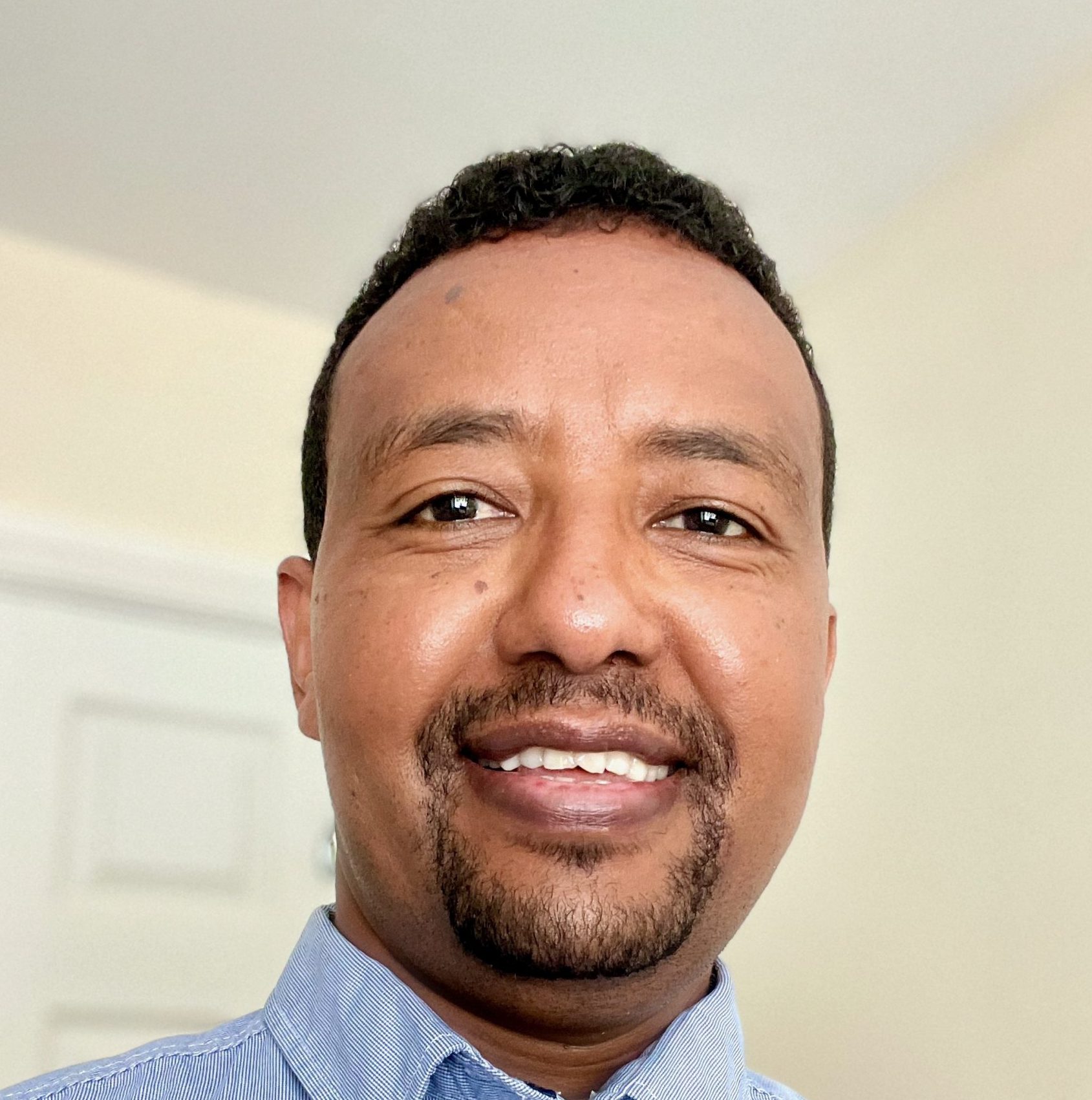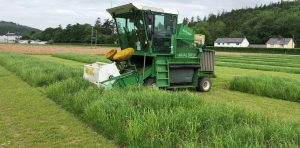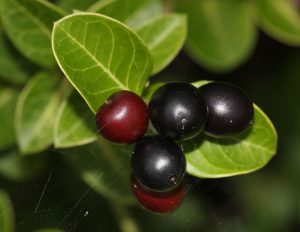
July 15, 2021, by Ruth Musson
Diriba Kumssa talks about his Leverhulme Fellowship and work in Ethiopia
Diriba Kumssa is a Research Fellow in the School of Biosciences. He started his career studying in the country of his birth, Ethiopia, coming to Nottingham in 2013 via studies in South Africa and on the European Erasmus Mundus programme. Events in Ethiopia led him to apply for asylum in the UK. He has recently won a prestigious 3-year Leverhulme fellowship which will help him to carry on important work in Ethiopia. Here Diriba tells us about his experiences in Biosciences in Nottingham.
PhD studies – The Role of Underutilised crops to alleviate hidden hunger
I applied for the Crops for the Future Scholarship in 2013. The intention was to complete a joint PhD with Malaysia. Unfortunately the Malaysian immigration requirements for refugees meant that this was impossible. The University of Nottingham (UoN) gave me an opportunity to change my thesis research topic, allowing me to study wholly in the UK. My thesis research required me to collect some samples for which I was able to travel to Kenya. I had a colleague in Ethiopia who was able to get samples for me from there.

Harvesting Italian Ryegrass in Aberystwyth
Post Doctoral Career
In 2017 I started working with Martin Broadley on the Magnesium Network (MAG-NET): Integrating Soil-Crop-Animal Pathways to Improve Ruminant Health Project. I joined a year into the project looking at livestock magnesium nutrition which is completely different to what I was doing for my PhD. In 2019 I joined the GeoNutrition project which has just had a number of papers published.
Leverhulme Project – Wild edible fruits (WEF) for food and environmental security in Ethiopia
I discussed my career options with Martin and Simon Langley-Evans (Head of School) at the end of 2020. They advised me that progression would be helped if I could prove that I can obtain independent funding for research. With their encouragement I applied for the Leverhulme Early Career Fellowship in February 2021 and was awarded the fellowship in May 2021.

Ripe fruits on Carissa spinarum shrub, one of the wild edible fruits that I have consumed during my childhood in western Ethiopia
The project will start in January 2022 and benefits from my cross disciplinary and international experience in forestry, food systems and geographic information science. Ethiopia has been facing perennial food and environmental security challenges. In 2020, 21.5 million people were undernourished [1], while those affected by mineral and vitamin deficiencies (MVDs) can reach up to threefold [2]. It loses 73,000 ha of its forest and woodland cover every year [3]. An estimated 80% of the population practice smallholder agriculture, with underdeveloped food storage and transportation infrastructures. This leads to a diet lacking diversity which in turn has led to widespread MVDs in the population.
Non-wood forest products, such as woody plant edible fruits are not particularly valued in that country but can play important role to alleviate MVDs. I hope to identify woody plant species bearing edible fruits that provide good nutrition which are adapted to marginal environments. This could encourage the preservation of the forests and reduce deforestation and forest degradation. I also hope to encourage cultivation of potentially nutritious woody plants as live fences or in other agroforestry systems.
The future
I am very grateful that I was able to resume professional life after becoming a refugee in the UK, because of the PhD opportunity offered to me by the UoN through the Crops for the Future Scholarship in 2013. My aim is to reciprocate the favour by continuing to work at/with the UoN and creating research and academic opportunities that would help me and the UoN grow.
My thanks go to Martin Broadley, Peter Noy, Levi Yant and David Salt for their invaluable comments and support during the proposal development process. I also want to thank the Research team for their support with project costing. I am grateful to the School of Biosciences and the Future Food Beacon for agreeing to host me and contributing to the costs of the Leverhulme Early Career Fellowship.
References
1. FAO, I., UNICEF, WFP and WHO,. The State of Food Security and Nutrition in the World 2020; FAO, IFAD, UNICEF, WFP and WHO: Rome, Italy, 2020.
2. Kumssa, D.B.; et al. Sci Rep 2015, doi:10.1038/srep10974.
3. FAO. Global Forest Resources Assessment 2020 Report, Ethiopia; 2020.
No comments yet, fill out a comment to be the first

Leave a Reply